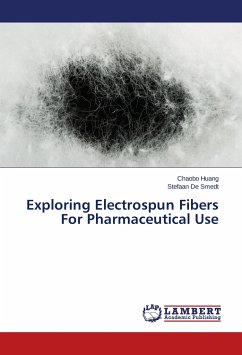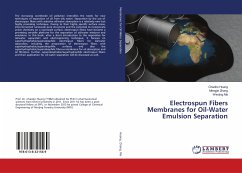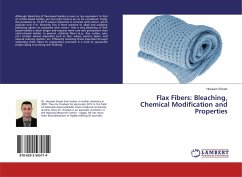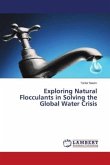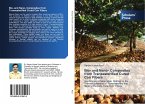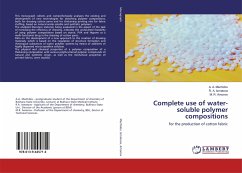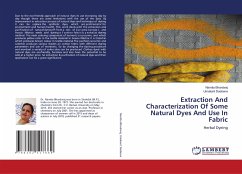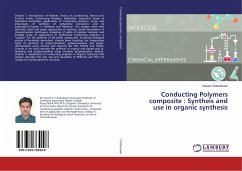Electrospun nanofibers and webs offer advantages for a wide range of applications in a variety of fields, including biomedicine, chemical sensing and biotechnology. An important advantage of electrospun fibers over many other types of polymeric fibers or polymeric nanoparticles is their high surface over volume ratio and very high and tunable porosity, which generate a large and easily accessible surface. Electrospinning is also a highly versatile and facile method, which allows to produce a great variety in types of fibers with diverse applications. In this book the following applications of electrospun fibers were explored: a): digitally encoded fibers to be used as anti-counterfeiting tool in medicines, b): inhibition of human immunodeficiency virus (HIV) infection though an adsorption filter made from electrospun fiber webs, c): inhibition of HIV infection though pH-sensitive cellulose acetate phthalate (CAP) fiber webs, loaded with antiviral agents (TMC125 or Viread), d): magnetic fiber webs for cancer treatment.
Bitte wählen Sie Ihr Anliegen aus.
Rechnungen
Retourenschein anfordern
Bestellstatus
Storno

